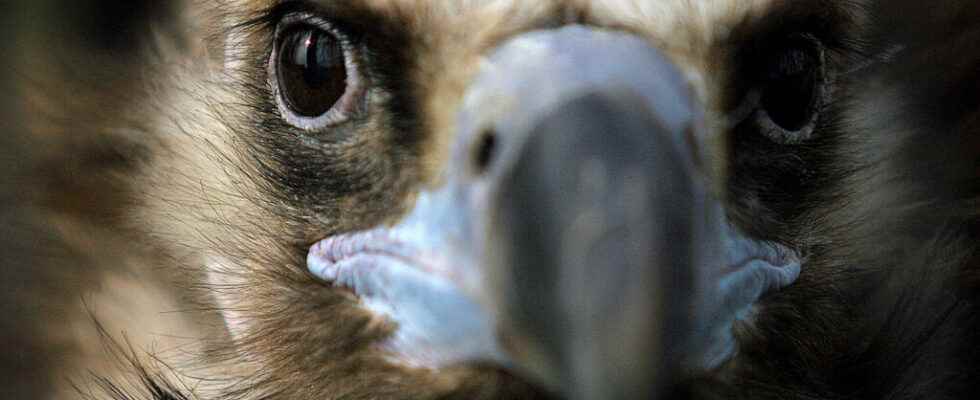On the occasion of an international day dedicated to vultures, September 3, focus on the raptors of the Dadia natural park, in northern Greece. The vultures got very hot there this summer, when a large fire devastated this forest, one of the most important protected areas in Greece. Globally, nearly 70% of vultures are in danger of extinction.
With our correspondent in Athens, Joel Bronner
End of July, the flames ravaged the forest of the national park of Dadia, not far from the Turkish border, for a whole week. The drought and the changing winds complicated the task of the firefighters on the spot.
” During the fire, we were all stimulated by adrenaline to preserve as much forest surface as possible.explains Theodora Skartsi, the representative of WWF in the village of Dadia. And of course, we hoped above all to save the colony of black vultures, because these vultures are the emblematic species of the forest of Dadia. If they had perished in the flames, it really would have been a disaster. The black vultures have chosen these valleys of the forest precisely for their very steep slopes, since they are large-winged birds, which need a lot of space to take off and land where their nests are. That’s why here they don’t grow outside these valleys. »
In the end, the flames did not destroy the birds’ nesting site. The tragedy – for the vultures – was narrowly avoided, the firefighters having stopped the flames at the very entrance to their place of life. And despite the scars of fire, the Greek national park of Dadia can therefore still boast of hosting, in addition to many other birds of prey, three European species of vultures out of four.
